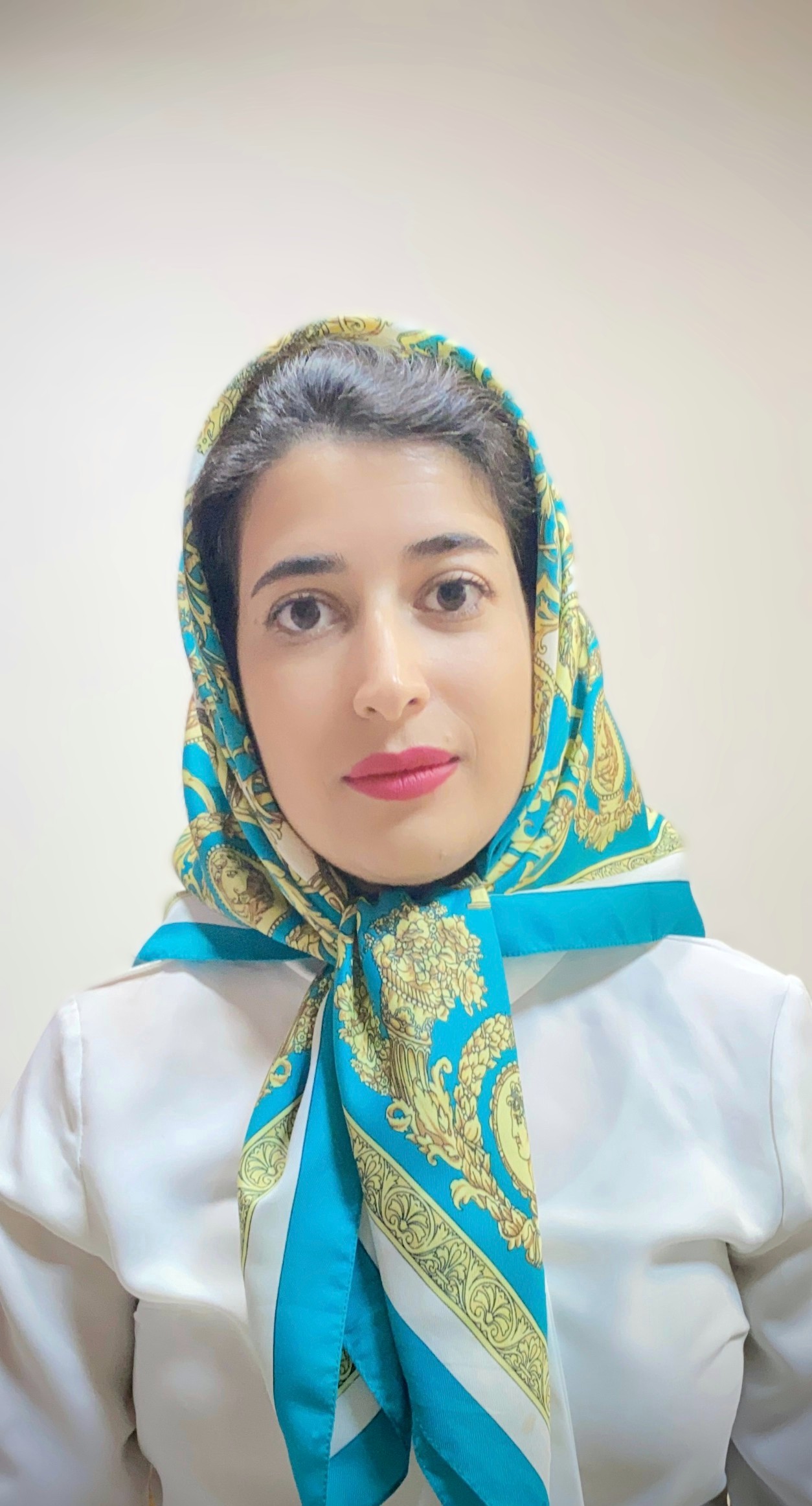opensearch:totalResults = 3
opensearch:startIndex = 0
opensearch:itemsPerPage = 3
@role = request
@searchTerms = AU-ID(57226827565) OR AU-ID(58976441100)
@startPage = 0
@_fa = true
@ref = self
@href = https://api.elsevier.com/content/search/scopus?start=0&count=25&query=AU-ID%2857226827565%29+OR+AU-ID%2858976441100%29&apiKey=6ae70c855c11cca26b94ca23c22dcbcf
@type = application/json
@_fa = true
@ref = first
@href = https://api.elsevier.com/content/search/scopus?start=0&count=25&query=AU-ID%2857226827565%29+OR+AU-ID%2858976441100%29&apiKey=6ae70c855c11cca26b94ca23c22dcbcf
@type = application/json
inizio
@_fa = true
@_fa = true
@ref = self
@href = https://api.elsevier.com/content/abstract/scopus_id/85189797956
@_fa = true
@ref = author-affiliation
@href = https://api.elsevier.com/content/abstract/scopus_id/85189797956?field=author,affiliation
@_fa = true
@ref = scopus
@href = https://www.scopus.com/inward/record.uri?partnerID=HzOxMe3b&scp=85189797956&origin=inward
@_fa = true
@ref = scopus-citedby
@href = https://www.scopus.com/inward/citedby.uri?partnerID=HzOxMe3b&scp=85189797956&origin=inward
The impact of hUC MSC–derived exosome-nanoliposome hybrids on α-synuclein fibrillation and neurotoxicity; Science Advances; April 2024; DOI: 10.1126/sciadv.adl3406
prism:url = https://api.elsevier.com/content/abstract/scopus_id/85189797956
dc:identifier = SCOPUS_ID:85189797956
eid = 2-s2.0-85189797956
dc:creator = Aliakbari F.
prism:publicationName = Science Advances
prism:issn =
prism:eIssn = 23752548
prism:volume = 10
prism:issueIdentifier = 14
prism:pageRange =
prism:coverDate = 2024-04-05
prism:coverDisplayDate = April 2024
prism:doi = 10.1126/sciadv.adl3406
citedby-count = 20
@_fa = true
affilname = Robarts Research Institute
affiliation-city = London
affiliation-country = Canada
@_fa = true
affilname = National Institute for Genetic Engineering and Biotechnology Iran
affiliation-city = Tehran
affiliation-country = Iran
pubmed-id = 38569030
prism:aggregationType = Journal
subtype = ar
subtypeDescription = Article
article-number = eadl3406
source-id = 21100457028
openaccess = 1
openaccessFlag = true
value:
$ = all
$ = publisherfullgold
$ = repository
$ = repositoryam
value:
$ = All Open Access
$ = Gold
$ = Green
prism:isbn:
@_fa =
$ =
pii =
inizio
@_fa = true
@_fa = true
@ref = self
@href = https://api.elsevier.com/content/abstract/scopus_id/85143232428
@_fa = true
@ref = author-affiliation
@href = https://api.elsevier.com/content/abstract/scopus_id/85143232428?field=author,affiliation
@_fa = true
@ref = scopus
@href = https://www.scopus.com/inward/record.uri?partnerID=HzOxMe3b&scp=85143232428&origin=inward
@_fa = true
@ref = scopus-citedby
@href = https://www.scopus.com/inward/citedby.uri?partnerID=HzOxMe3b&scp=85143232428&origin=inward
Viral and non-viral gene therapy using 3D (bio)printing; Journal of Gene Medicine; December 2022; DOI: 10.1002/jgm.3458
prism:url = https://api.elsevier.com/content/abstract/scopus_id/85143232428
dc:identifier = SCOPUS_ID:85143232428
eid = 2-s2.0-85143232428
dc:creator = Jahangiri S.
prism:publicationName = Journal of Gene Medicine
prism:issn = 1099498X
prism:eIssn = 15212254
prism:volume = 24
prism:issueIdentifier = 12
prism:pageRange =
prism:coverDate = 2022-12-01
prism:coverDisplayDate = December 2022
prism:doi = 10.1002/jgm.3458
citedby-count = 14
@_fa = true
affilname = Centre Hospitalier de L'Université de Montréal
affiliation-city = Montreal
affiliation-country = Canada
@_fa = true
affilname = Université de Montréal, Faculté de Médecine
affiliation-city = Montreal
affiliation-country = Canada
pubmed-id = 36279107
prism:aggregationType = Journal
subtype = re
subtypeDescription = Review
article-number = e3458
source-id = 18922
openaccess = 0
openaccessFlag = false
value:
$ =
value:
$ =
prism:isbn:
@_fa =
$ =
pii =
inizio
@_fa = true
@_fa = true
@ref = self
@href = https://api.elsevier.com/content/abstract/scopus_id/85112803548
@_fa = true
@ref = author-affiliation
@href = https://api.elsevier.com/content/abstract/scopus_id/85112803548?field=author,affiliation
@_fa = true
@ref = scopus
@href = https://www.scopus.com/inward/record.uri?partnerID=HzOxMe3b&scp=85112803548&origin=inward
@_fa = true
@ref = scopus-citedby
@href = https://www.scopus.com/inward/citedby.uri?partnerID=HzOxMe3b&scp=85112803548&origin=inward
Prevascularized Micro-/Nano-Sized Spheroid/Bead Aggregates for Vascular Tissue Engineering; Nano Micro Letters; December 2021; DOI: 10.1007/s40820-021-00697-1
prism:url = https://api.elsevier.com/content/abstract/scopus_id/85112803548
dc:identifier = SCOPUS_ID:85112803548
eid = 2-s2.0-85112803548
dc:creator = Rahimnejad M.
prism:publicationName = Nano Micro Letters
prism:issn = 23116706
prism:eIssn = 21505551
prism:volume = 13
prism:issueIdentifier = 1
prism:pageRange =
prism:coverDate = 2021-12-01
prism:coverDisplayDate = December 2021
prism:doi = 10.1007/s40820-021-00697-1
citedby-count = 53
@_fa = true
affilname = University of Montreal
affiliation-city = Montreal
affiliation-country = Canada
@_fa = true
affilname = Centre Hospitalier de L'Université de Montréal
affiliation-city = Montreal
affiliation-country = Canada
pubmed-id =
prism:aggregationType = Journal
subtype = ar
subtypeDescription = Article
article-number = 182
source-id = 21100203115
openaccess = 1
openaccessFlag = true
value:
$ = all
$ = publisherfullgold
$ = repository
$ = repositoryvor
value:
$ = All Open Access
$ = Gold
$ = Green
prism:isbn:
@_fa =
$ =
pii =
